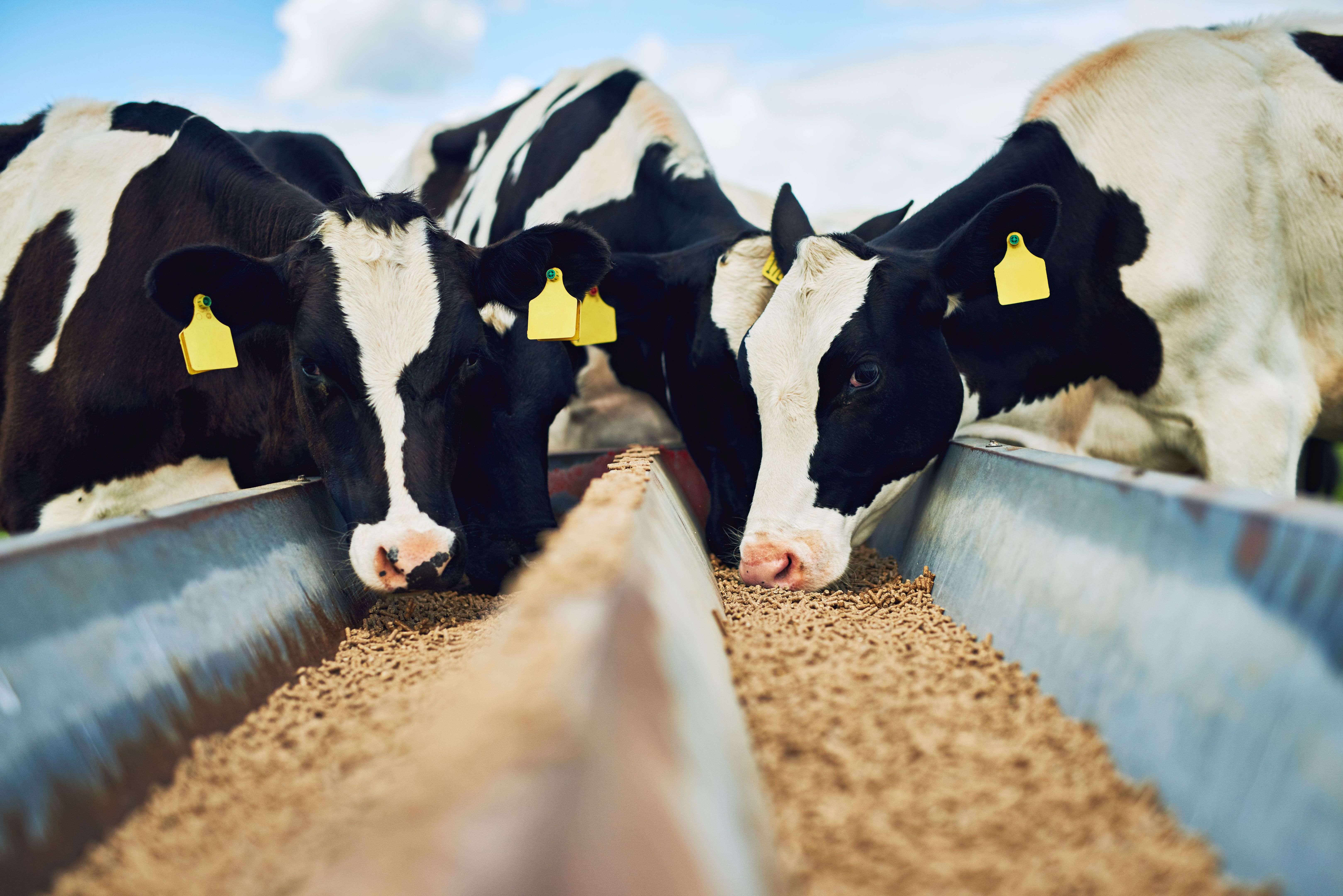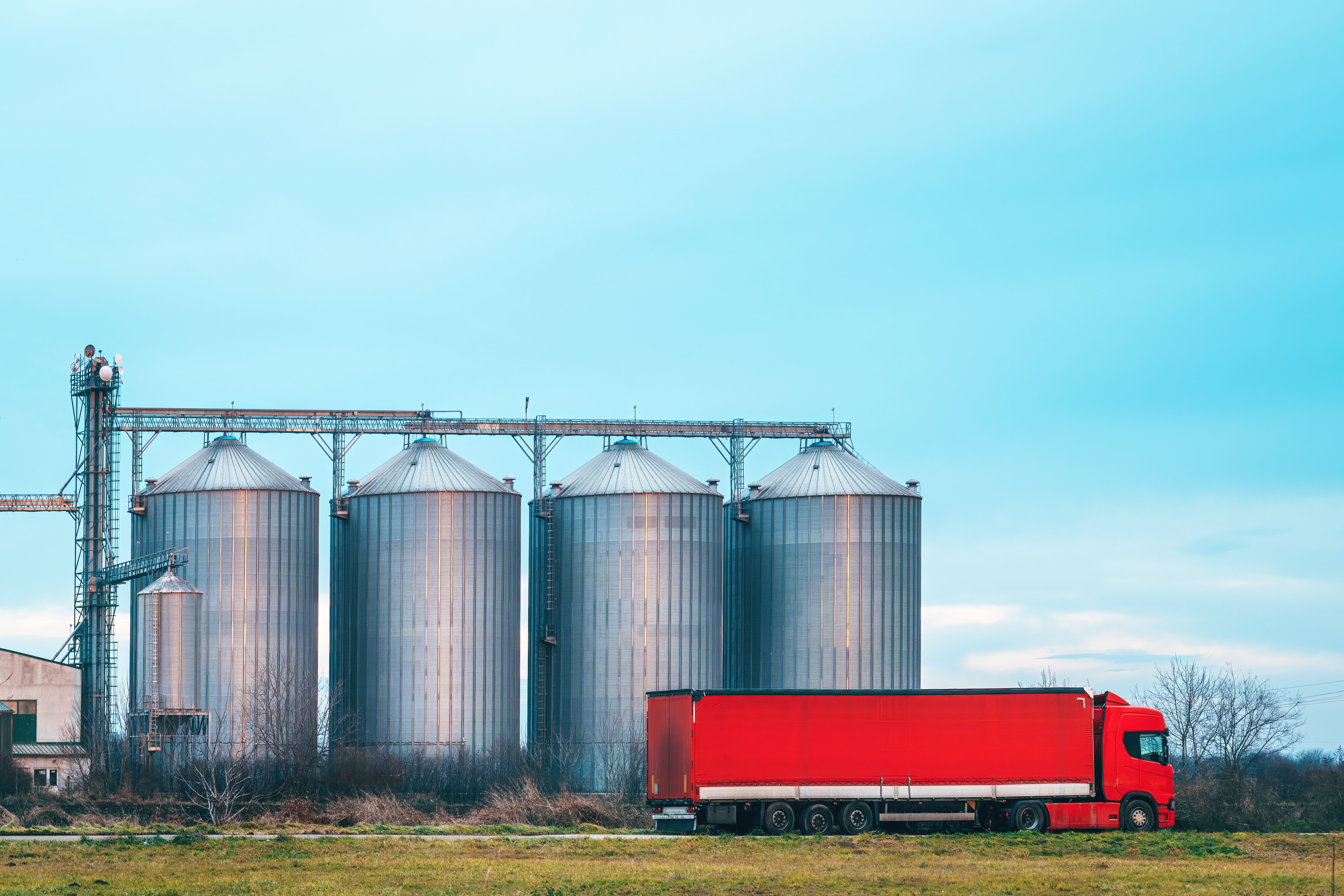Boosting Livestock Production in Nigeria: Strategies and Solutions
Introduction to Livestock Production in Nigeria
Nigeria, with its vast landscapes and rich agricultural heritage, holds immense potential for livestock production. Despite this potential, the sector faces several challenges that hinder its growth and efficiency. Addressing these issues can significantly boost livestock production, contributing to food security and economic development.

Challenges Facing Livestock Production
Several obstacles impede the growth of livestock production in Nigeria. These include inadequate infrastructure, limited access to quality feed, and insufficient veterinary services. Moreover, traditional livestock management practices often result in suboptimal productivity.
Another significant challenge is the impact of climate change, which affects grazing patterns and water availability. This unpredictability can lead to poor animal health and reduced productivity.
Improving Infrastructure and Resources
To overcome these challenges, investing in infrastructure is crucial. Development of roads and storage facilities can enhance market access and reduce post-production losses. Additionally, establishing feed mills and distribution networks can ensure a steady supply of quality feed throughout the year.

Enhancing Veterinary Services
Access to quality veterinary services is vital for maintaining healthy livestock populations. Increasing the number of trained veterinarians and establishing mobile veterinary clinics can significantly improve animal health care. This will help in early detection and treatment of diseases, thereby reducing mortality rates.
Furthermore, implementing vaccination programs can prevent the outbreak of contagious diseases, ensuring the sustainability of livestock production.
Embracing Modern Farming Techniques
Adopting modern farming techniques and technology can lead to substantial improvements in livestock productivity. Farmers should be encouraged to use improved breeding methods, such as artificial insemination, to produce high-yielding and disease-resistant livestock breeds.

The Role of Government and Policy
The government plays a crucial role in creating a conducive environment for livestock production. Policies that support research and development, provide subsidies for inputs, and facilitate access to credit can empower farmers to invest in better practices.
Additionally, public-private partnerships can be instrumental in driving innovation and investment in the sector, ensuring its long-term growth and sustainability.
Conclusion: A Path Forward
Boosting livestock production in Nigeria requires a multifaceted approach that addresses infrastructure, veterinary care, modern techniques, and supportive policies. By tackling these areas effectively, Nigeria can unlock the full potential of its livestock sector, enhancing food security and contributing to economic prosperity.
